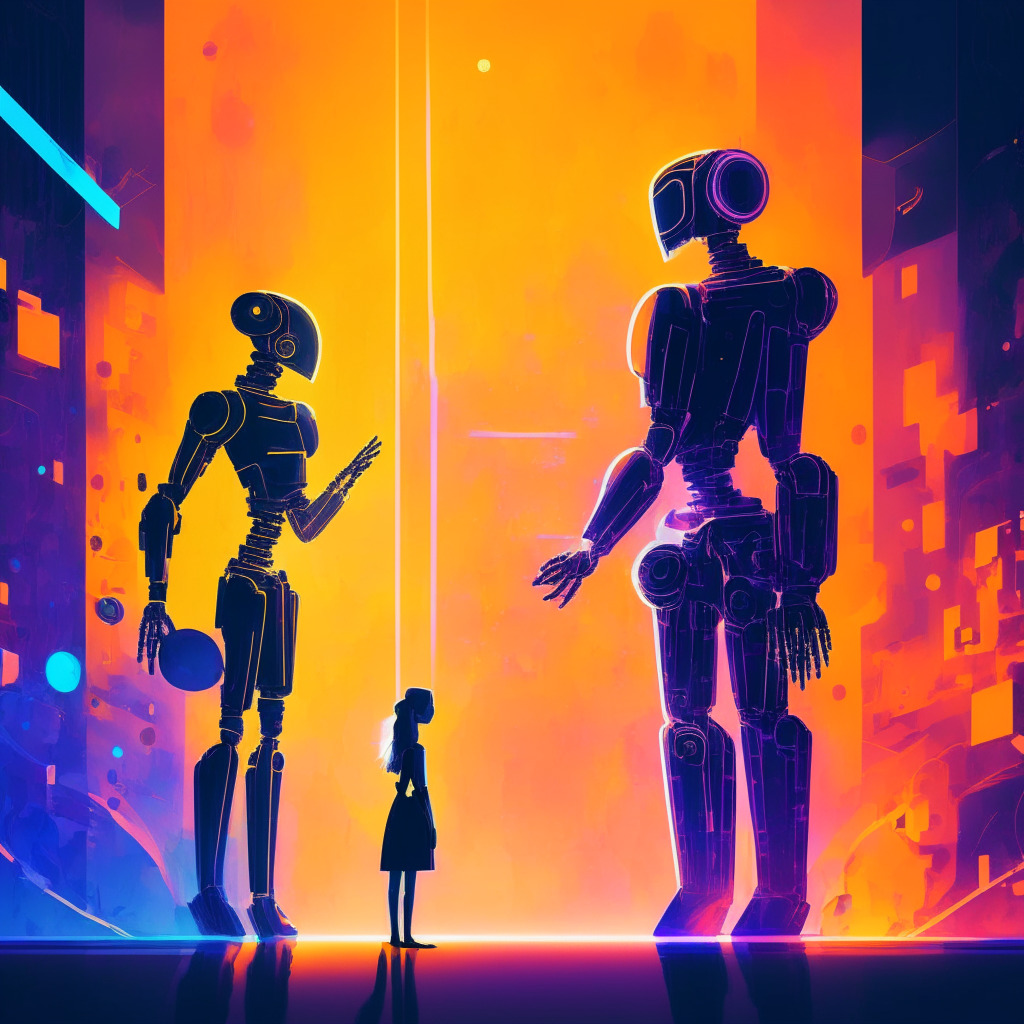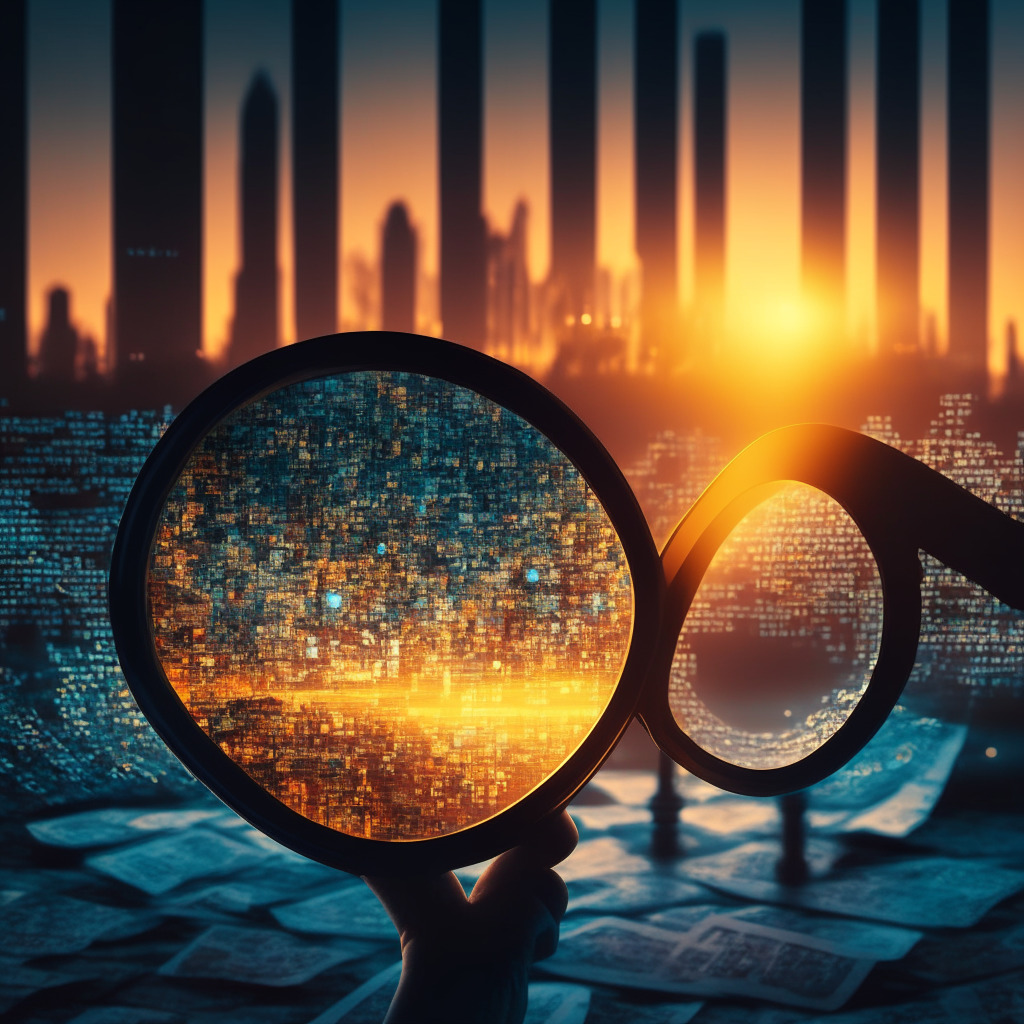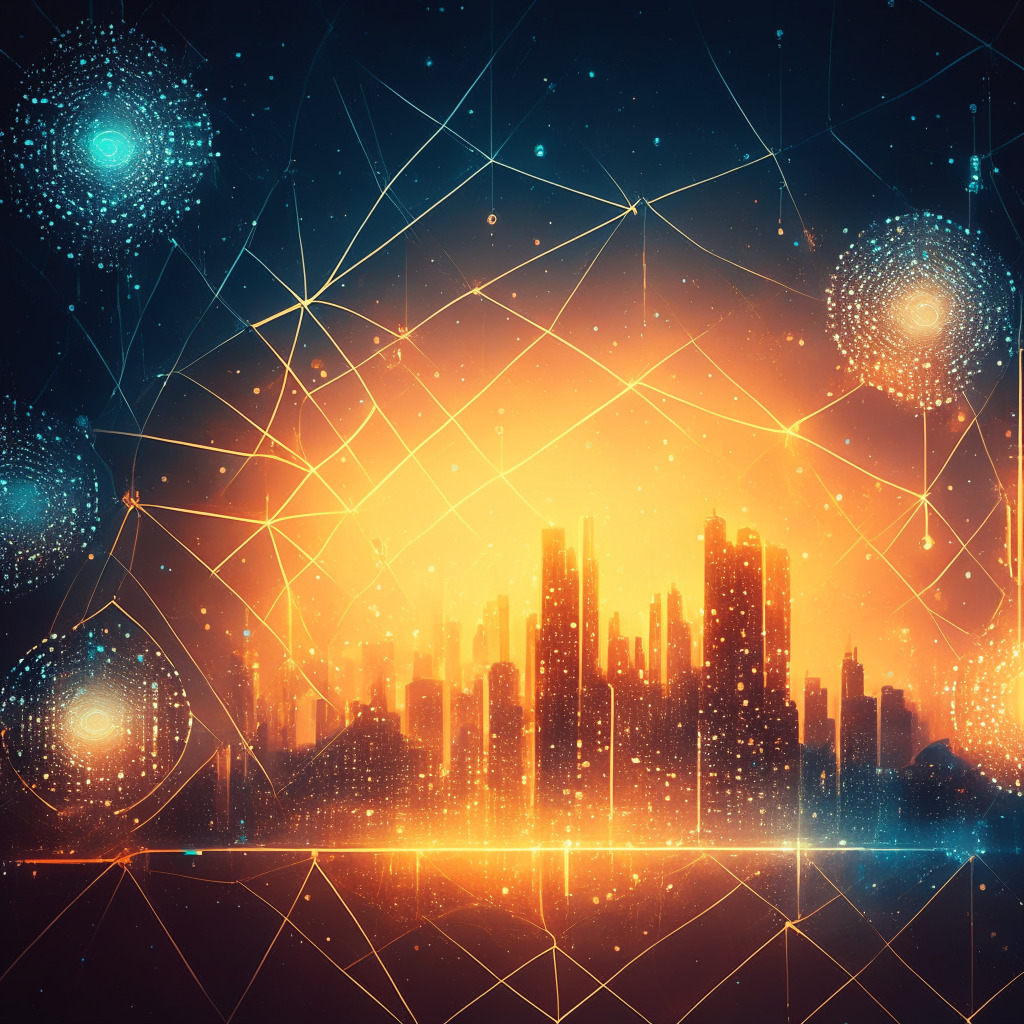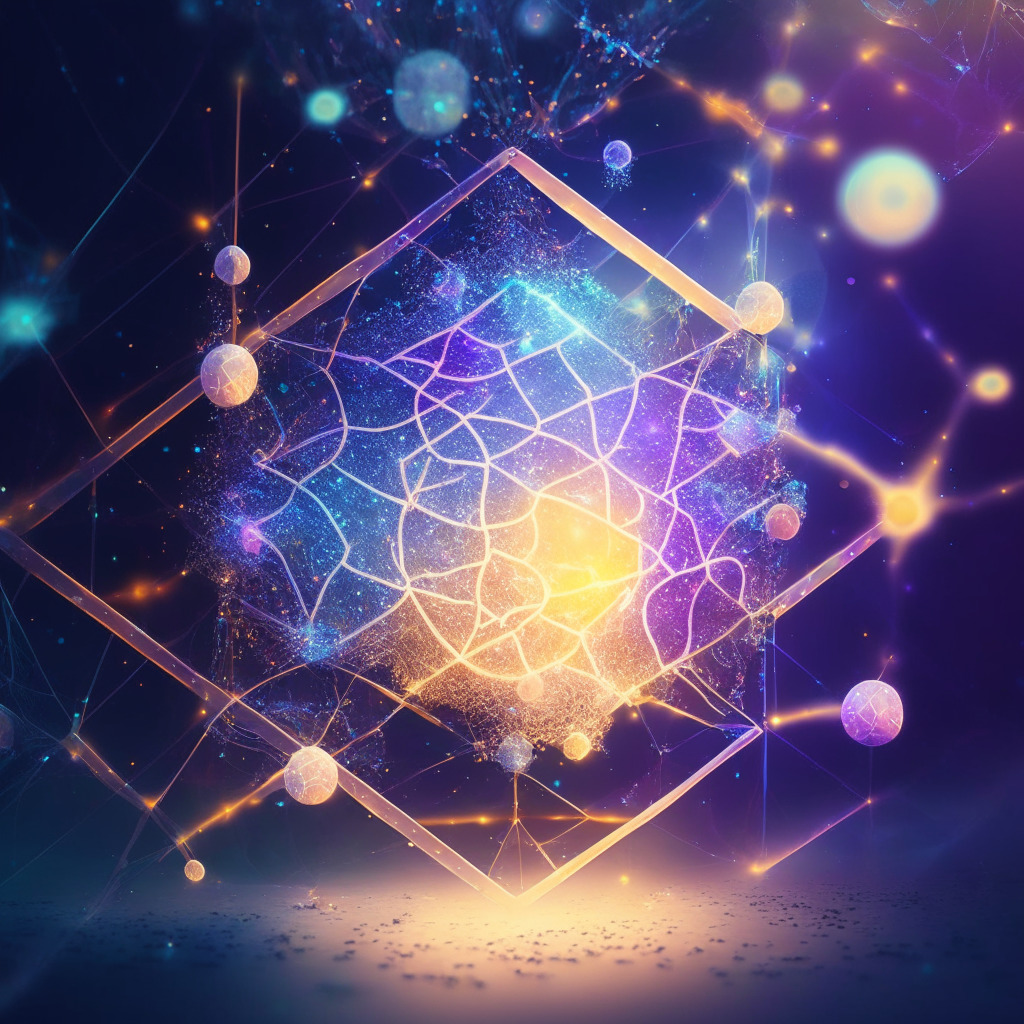Generative artificial intelligence (AI) has gained significant attention recently, with the emergence of chatbots like ChatGPT and AI systems designed to create various types of content. Some enthusiasts argue that these tools democratize the creative process, making it accessible to a wider audience. However, there are also concerns about the potential job displacement for human artists and the complex copyright issues surrounding AI-generated works.
At the heart of generative AI lies machine learning, where algorithms process vast amounts of data to recognize patterns and create new content based on these rules. Popular in the realm of visual arts, AI platforms typically rely on human input in the form of one or more prompts. This collaborative approach aligns with the decentralization ideals of the Web3 ecosystem.
Some generative AI tools, such as DALL-E and StarryAI, require minimal fees and equipment, allowing users without artistic background or resources to create impressive works. This increased accessibility coincides with the rise of AI-generated non-fungible tokens (NFTs), which further integrate blockchain technology and Web3 systems. Platforms like Code Canvas and Art Blocks enable users to mint NFTs on-chain and explore the lucrative NFT market – Art Blocks generated nearly $1 billion for users in 2021 alone.
The decentralized nature of blockchains also enhances the randomness in AI-generated content. Blockchains offer secure, automatic execution of smart contracts without always yielding the same results. This aspect of blockchain technology can amplify the output power of generative AI systems.
Ownership and copyright remain significant concerns for artists who collaborate with generative AI to create new works. Questions arise regarding whether the human or the machine, or the developers of the machine, truly own the AI-generated work. Additionally, since AI tools are trained on massive amounts of data, copyrighted elements may inadvertently appear in their creations.
Currently, the US government deems works created by non-humans ineligible for copyright protection, leaving the legal status of AI-generated works uncertain. Though a September 2022 case granted a first-ever copyright registration for a graphic novel created in collaboration between a human user and an AI tool, this registration was later partially canceled. As the Web3 ecosystem continues to evolve, the issue of copyright and ownership in generative AI may eventually be addressed through alternative means, but for now, this remains a contentious area awaiting resolution.
In conclusion, generative AI tools have the potential to promote collaboration, enhance creativity, and marry Web3 ideals with artistic pursuits. Despite the concerns surrounding job displacement and complex copyright issues, these AI systems could provide unparalleled access to artistic expression in the decentralization era, transforming creative landscapes for artists and enthusiasts alike.
Source: Decrypt




